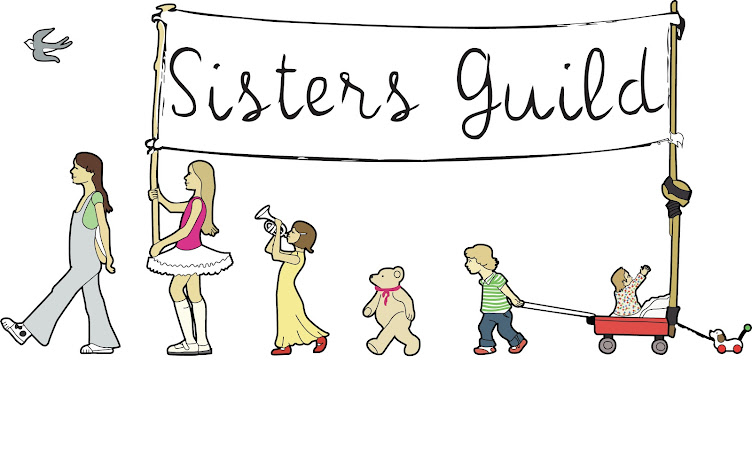Playplax was born in 1967 and quite by chance. The brilliant brainchild of Patrick Rylands Playplax was an idea developed from working on the design of prefabrictaed interlocking facings in ceramic and concrete. Rylands developed these facings into a free standing building which like a construction toy could be built to create a plethora of designs. Whilst on holiday from his time studying at the Royal College of Art Rylands minaturised the principle parts of this project he was working on. First he created a design in cardboard and then later in the form we all remember, the acrylic model.
Playplax consists of 48 transparent plastic slotted squares that can be pieced together as abstract structures or of real models and objects. There are a multitude of ways in which a child can be creative. Learning about structure, shape, form and balance, and with red, blue, green, yellow and clear pieces included in each set children will also learn about colour and their combinations. It is a 'toy' of exploration. A challenge for the imagination and as fascinating to adults as it is to children.
I remember playing with Playplax as a child. I remember the feeling of their perfectly smooth and light shape, and the sound they made too. I remember sitting for what must have been hours constructing a tower, a bridge, trying to create a curve and more often an abstract 'something' that I'd give an equally abstract name to as though I had created a genius form.
We redsicovered it in the games cupboard at our mothers house and whilst we intended to let the children play we became so utterly engrossed with it oursleves. For the entire weekend our table consisted of some sort of Playplax creation. We were also happy to simply touch them whilst chatting and feeling the perspex in our hands and holding them up to the light. It really is even more lovely to play with them in a spot where the sun can shine through.
Once we learned that Playplax was being manufactured again by a UK company there was no doubt that we would have to house it in our boutique. There were plenty of squeals when they arrived and we were able to see them in all their shining glory! It speaks so much by its design, its function, its fascinating limitlessness and its elegance, that it summarised what our imagine & play principle is; freedom to create, to discover and above all explore imagination.
Patrick Rylands makes a point that rings true with us here at Sisters Guild: "For me", he says "one of the most important functions of a toy is to enable the child to enter into fantasy. I believe that a child can come to grips with reality through fantasy. The proverbial cardboard box is excellent because a child can make anything of it: the box suggests so little itself that the child is completely free to use his imagination. This 'less is more' principle probably applies more to toys than anything else: the doll that does everything itself does nothing for the child. I do not set out to design specifically 'educational' toys. My prime aim is to design something that will amuse children; if I achieve this then I believe the child will be learning anyway"
Sisters Guild believes that imagination is key to a child's learning and this shows in our carefully selected 'imagine & play' category whereby 'toys' are more 'tools for play' that allow the child to be free to explore with their own imagination.
As a design led company we are constantly searching for what could become the classics of the new generation. Already a classic for previous generations we believe this love of Playplax will continue for many more to come.
Playplax is included in the permanent collection at both the Museum of Modern Art (MOMA) in New York and here in London at the V&A and of course in the permanent collection here at Sisters Guild!
This is part of our series of blog posts that reveal the story behind the collections and why we chose them for the Sisters Guild Boutique.
Read about more British Designs: Belle & Boo and ilovegorgeous




No comments:
Post a Comment